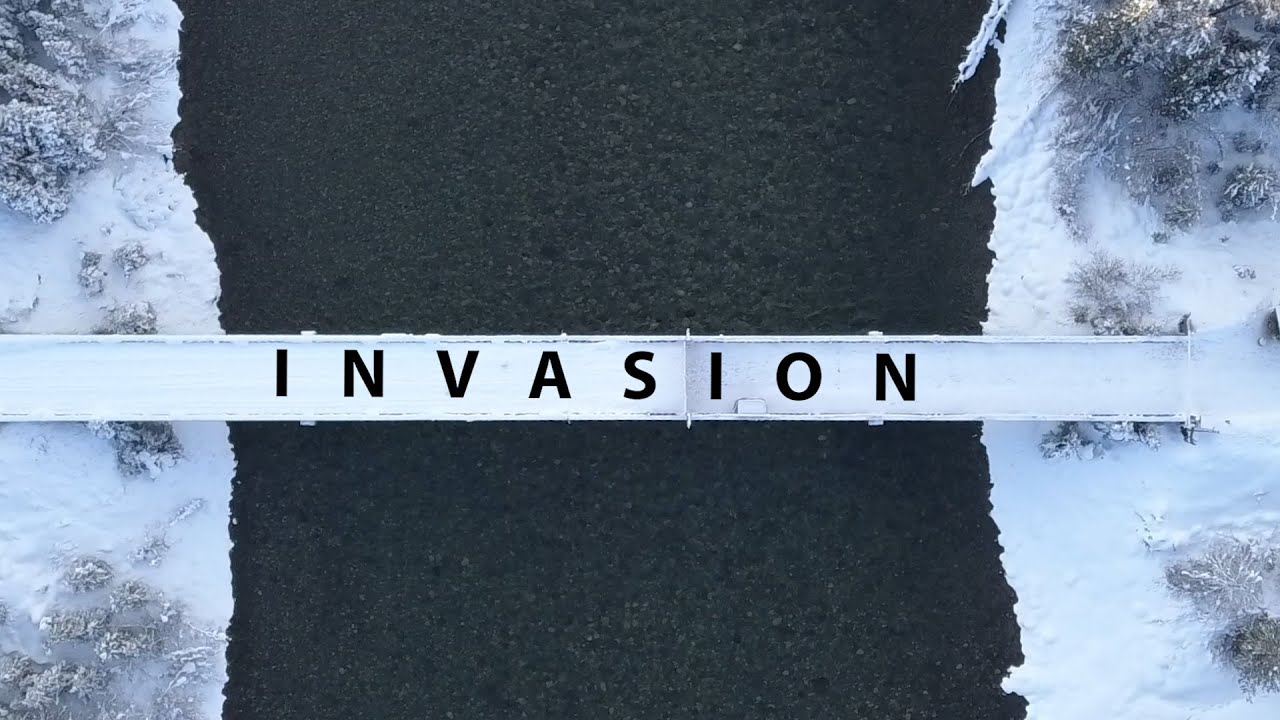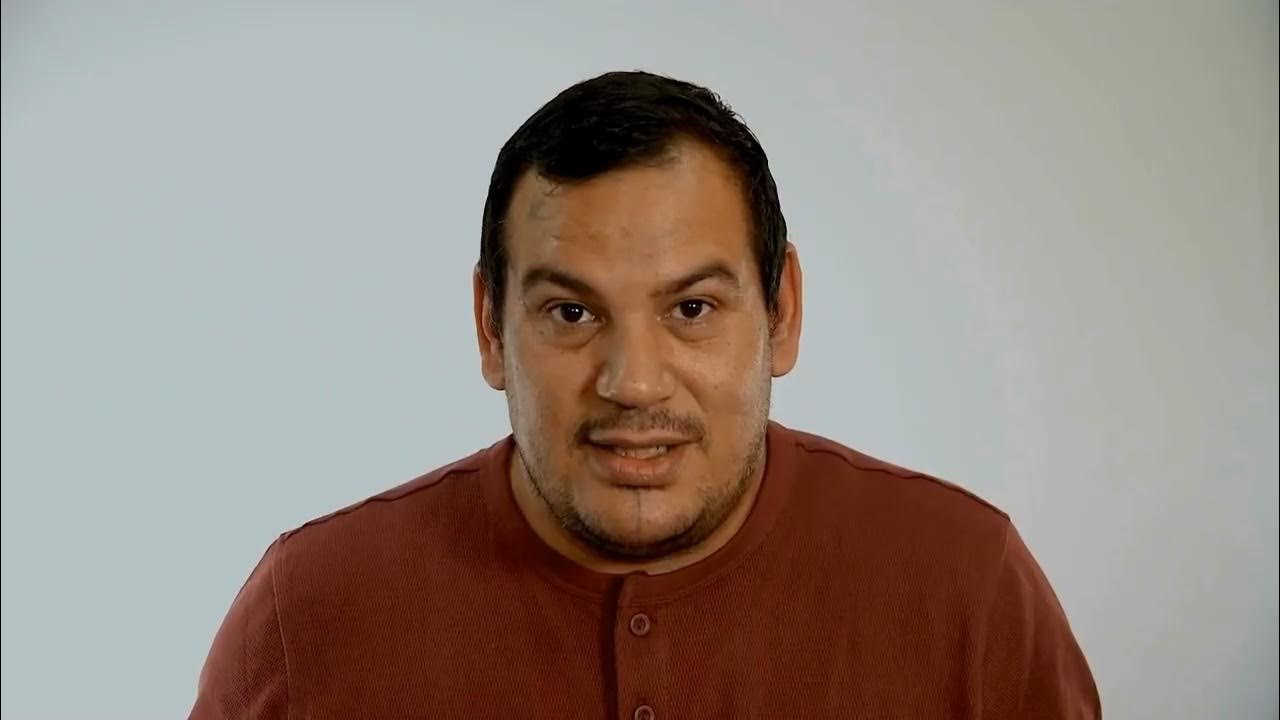Hetero-patriarchy and Settler Colonialism | Ried Gustafson | TEDxPortlandStateUniversity
Summary
TLDRThe speaker, Reed Gustafson, honors indigenous peoples and addresses the ongoing impact of settler colonialism in the U.S. They discuss the imposition of heteronormative Christian monogamy on indigenous communities through federal policies like the Dawes Act, Indian Reorganization Act, and Indian Relocation Act, which aimed to assimilate and erase indigenous identities. Gustafson emphasizes the importance of indigenous critique and decolonial praxis, suggesting that moving beyond settler sex and family structures is crucial for indigenous resurgence and sustainable futures.
Takeaways
- 🌍 The speaker begins by acknowledging the indigenous peoples of the land they are on, recognizing the ongoing impact of settler colonialism on their lands and lives.
- 🏡 The script discusses how settler colonial assimilation targeted indigenous communities beyond just boarding schools, aiming to impose heteronormative Christian monogamy to change familial and gender norms.
- 👤 The speaker, Reed Gustafson, identifies as part of the Hueco tribe and Comanche tribe, and as a Swedish American, providing a personal context to the discussion.
- 📚 The talk is grounded in two-spirit scholarship, which sees a link between patriarchy and settler colonialism and its implications for indigenous critique and decolonial praxis.
- 🏛️ The critique focuses on three federal Indian policy acts: the Dawes Act, the Indian Reorganization Act, and the Indian Relocation Act, examining how they imposed heteropatriarchy on indigenous communities.
- 📉 The Dawes Act is highlighted as a means to redistribute indigenous land to male heads of households, leading to a gendered power shift favoring men and the imposition of heteronormative family structures.
- 🏙️ The Indian Reorganization Act is criticized for imposing Western-style, male-dominated governance structures on indigenous communities, altering traditional power-sharing practices.
- 🚶 The Indian Relocation Act is discussed as a policy that moved indigenous peoples to urban centers, forcing assimilation into Western capitalist society and heteronormative nuclear family structures.
- 💡 Indigenous Studies scholars argue that the imposition of heteropatriarchy was a tool for assimilation and erasure of indigenous peoples to complete the settler colonial project.
- 🌱 The talk concludes with a call to move beyond settler sexuality and family structures as a form of indigenous resurgence and a practice for sustainable futures.
- 🔍 Kim TallBear's work is highlighted, suggesting that rethinking relations and moving away from heteronormative monogamy can lead to more sustainable and community-focused ways of living.
Q & A
What is the significance of acknowledging indigenous peoples' ancestral homelands at the beginning of the talk?
-The acknowledgment serves to honor the indigenous people whose lands are currently being occupied, recognizing their ongoing presence and the historical and ongoing impacts of settler colonialism on their communities.
What is the main argument presented by Reed Gustafson in the script?
-Reed Gustafson argues that settler colonialism has imposed heteronormative Christian monogamy on indigenous communities as part of the assimilation process, which has affected sexual practices, familial structures, gender norms, and power dynamics within these communities.
What are the three federal Indian policy acts discussed in the script, and how do they relate to the imposition of heteropatriarchy?
-The three acts are the Dawes Act, the Indian Reorganization Act, and the Indian Relocation Act. They are discussed in relation to how they imposed heteropatriarchy on indigenous communities by altering land ownership, government structures, and living conditions to favor a Western, patriarchal model.
How did the Dawes Act impact indigenous land ownership and family structures?
-The Dawes Act divided communal indigenous land into individual private property plots given to native male heads of households, forcing a shift towards heteronormative nuclear family structures and granting men increased control over property and political rights as US citizens.
What was the purpose of the Indian Reorganization Act in terms of indigenous governance?
-The Indian Reorganization Act aimed to impose Western-style, male-dominated representational models of government on indigenous communities, creating tribal councils that mirrored American government structures and reinforced gendered power dynamics.
What were the consequences of the Indian Relocation Act for indigenous peoples?
-The Indian Relocation Act removed indigenous peoples from reservations and moved them into urban centers, assimilating them into Western capitalism and heteronormative nuclear family structures, while also subjecting them to gendered workforce dynamics that favored men.
How does the script connect heteropatriarchy to the broader goals of settler colonialism?
-The script suggests that the imposition of heteropatriarchy was a strategic part of the settler colonial project, aimed at assimilating indigenous peoples into Western culture and erasing their distinct identities and ways of life.
What role do indigenous studies scholars play in the analysis presented in the script?
-Indigenous studies scholars provide critical perspectives and frameworks for understanding the impact of settler colonial policies on indigenous communities, offering insights into the ways these policies have shaped sexual, familial, and power dynamics.
What is the concept of 'settler sex and family' as discussed in the script?
-'Settler sex and family' refers to the heteronormative, patriarchal sexual and familial norms and structures imposed by settler colonialism on indigenous communities as part of the assimilation process.
How does Kim TallBear's research challenge the notion of heteronormative monogamy in relation to resource use and sustainability?
-Kim TallBear's research suggests that heteronormative monogamy, as a basic relational building block in Western societies, contributes to unsustainable resource use and hoarding. She calls for a reevaluation of relations with the goal of promoting communal life and sustainability.
What are some of the guidelines provided by indigenous studies scholars for moving beyond settler sex and family as a resurgence practice?
-The guidelines include centering relationality in relations, ensuring power is shared reciprocally, using intimacy for healing rather than harm, and building and maintaining strong community bonds as part of a decolonial praxis.
Outlines

This section is available to paid users only. Please upgrade to access this part.
Upgrade NowMindmap

This section is available to paid users only. Please upgrade to access this part.
Upgrade NowKeywords

This section is available to paid users only. Please upgrade to access this part.
Upgrade NowHighlights

This section is available to paid users only. Please upgrade to access this part.
Upgrade NowTranscripts

This section is available to paid users only. Please upgrade to access this part.
Upgrade Now5.0 / 5 (0 votes)





